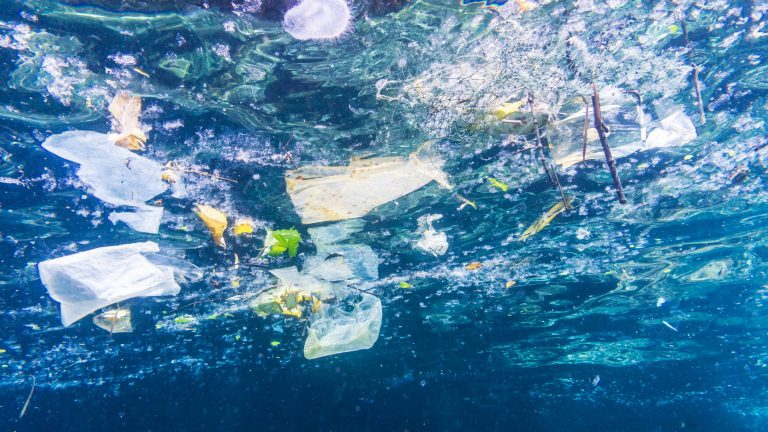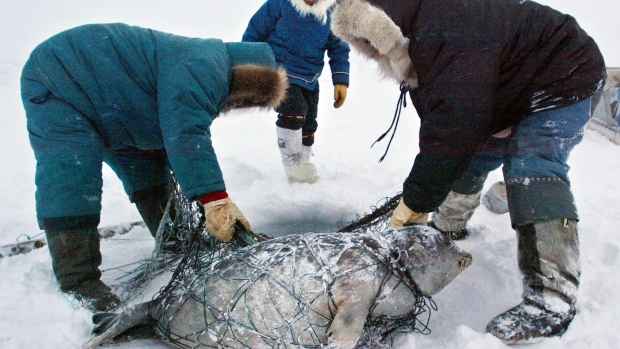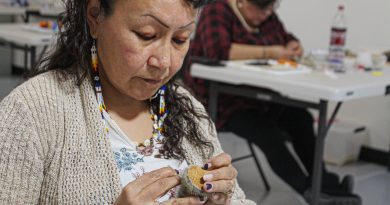Inuit org pushes for rights in global plastics treaty talks

The NGO that represents Inuit internationally is calling on international governments to make sure Indigenous rights are included in the new global plastics treaty being developed.
“The plastics treaty must be rooted in a rights-based approach, and it must be centered around the health of humans and the environment,” ICC Chair Sara Olsvig, who leads the Inuit Circumpolar Council delegation at the meeting, said in a statement.
A meeting, known as INC-5, of the Intergovernmental Negotiating Committee regarding the legally binding treaty began on Aug 5 in Geneva, Switzerland and runs until Aug. 14.

Negotiations were supposed to be wrapped up at the end of 2024 but there was not enough agreement among states to do so. The draft also makes no mention of Indigenous Peoples’ rights — something the ICC hopes will change in this round.
“The negotiations on a legally binding global plastics treaty are at a critical moment,” Olsvig said.
“We call on states to recognize the core principles that this treaty should be based on, including that it must entail a human rights-approach and that the life cycle of plastics must be addressed.”
Plastics entering food chain
ICC represents the approximately 180,000 Inuit in Alaska, Canada, Greenland, and Chukotka, Russia.
It says Indigenous presence in the declaration is all the more important given the impact of microplastic in the Arctic, an environment Inuit depend on for everything from food to transportation.
“[Microplastic] persists in the Arctic environment and has been found in the Arctic snow, sea ice and seawater and find their way into every part of the food chain,” ICC said.
“Plastics pollution is expected to worsen with climate change and observations from Inuit and scientific research report plastic pollution in the Arctic, including in animals that are part of the Inuit traditional diet, have been found with plastics in their stomachs.”

Some 3,700 participants registered to participate in the Geneva meeting, representing 184 countries and and with at least 619 Observer organizations.
The goal of the meeting is to finalize and approve an agreement tackling plastic pollution from production to disposal and then be able to forward the text for consideration and adoption.
Feedback, story ideas or tips? Contact Eilís at eilis.quinn(at)cbc.ca
Related stories from around the North:
Canada: Cotton fibres, microplastics pervade Eastern Arctic, study finds, The Canadian Press
Finland: Citizens’ initiative prompts Finnish lawmakers to consider microplastics ban, Yle News
Greenland/Denmark: Greenland and Denmark finalize cooperation agreement on marine pollution response, Eye on the Arctic
Iceland: Arctic Council group lobs GPS-bugged capsules into Atlantic to track litter trajectories in the North, Eye on the Arctic
Norway: Urgent action needed to protect Arctic Ocean, WWF says, The Independent Barents Observer
Russia: Russian Navy sends clean-up team to Arctic trash dump, The Independent Barents Observer
Sweden: Swedish raft made from trash draws attention to plastic pollution, Radio Sweden
United States: Industry launches campaign to free oceans from plastic… how serious is it?, Alaska



